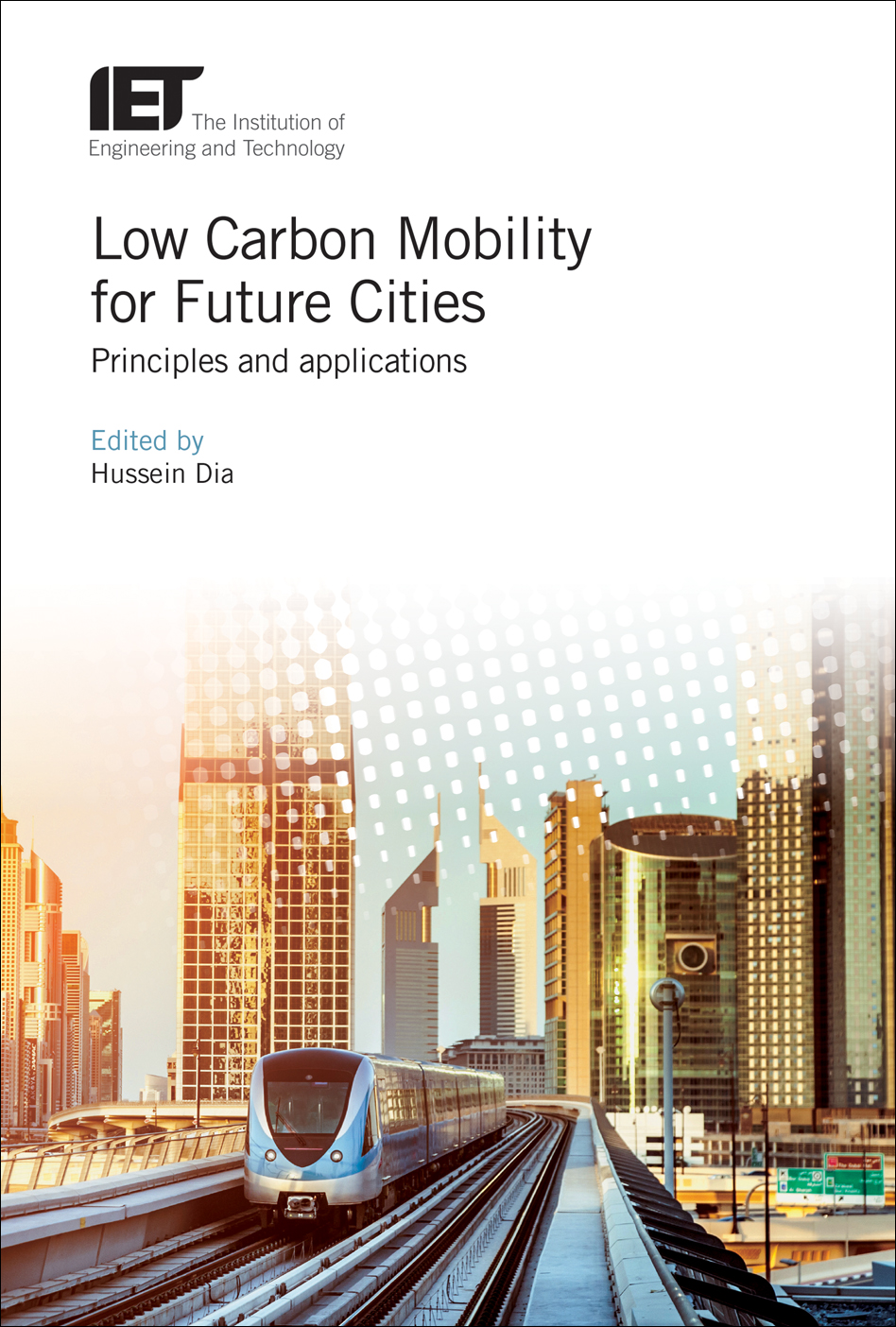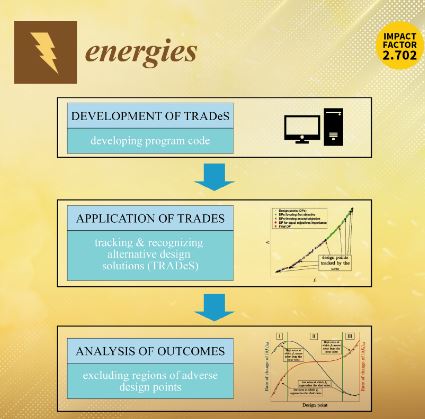Knowledge Hub

Impact of E-Mobility on Unbalance in Low Voltage Distribution Network
2019
Author(s): Eleschova Z, Bendik J, Cenky M, Belan A, Cintula B, Janiga P
E-mobility is a fast-growing sector that influences many industries. In this paper, the authors deal with possible influence of e-mobility development on the existing low voltage distribution network.

Impact of E-Mobility Penetration on Community Electricity Storage
2019
Author(s): Stroink A, Wawer T
This paper presents a holistic modeling approach for the optimum sizing of electricity energy storage (EES) units for local energy communities (LECs) with electric vehicle (EV) charging and renewable resources.

Infrastructuring of Canadian Transport Using Hydrogen From RES: Comparison Between BEV and FCV
2019
Author(s): Brenna M, Foiadelli F, Longo M, Yaici W
The aim of this paper is to compare the energy efficiency of the hydrogen applied directly in a fuel cell vehicle or converted in electricity for a fast charge of a battery electric vehicle in long distance journeys.

This book presents a cohesive body of work on the policy principles and practical applications to drive sustainable mobility services in tomorrow's smart cities

Is the South African Electrical Infrastructure Ready for Electric Vehicles?
2019
Author(s): Bokopane L, Kanzumba K, Vermaak H
The adaptation of Electric Vehicle (EV) is influenced by consumers' demand. This vast adaptation by consumers' will depend on various factors. Some of the major factors that influence the high volume of penetration of EV's in the market include, energy security, accessible charging option, charging schemes, vehicle range, wide visibility, affordability, sound policies as well as incentives.

LCA Indicators in Electric Vehicles Environmental Impact Assessment
2019
Author(s): Tintelecan A, Constantinescu-Dobra A, Martis C
Life Cycle Assessment (LCA) is a process by which, in terms of sustainability, the environmental effects of a product or system are evaluated over its life cycle. The transport sector is one of the largest contributors to climate change, pollution and noise emissions.
Literature vs. Twitter: Empirical Insights on Customer Needs in E-Mobility
2019
Author(s): Kühl N, Goutier M, Ensslen A, Jochem P
Knowledge about existing user preferences and requirements with regard to electric vehicles is crucial to the development of convenient e-mobility solutions. For a good market adoption of electric vehicles, they are decisive.

MEGEE: Mobile Edge computer Geared v2x for E-mobility Ecosystem
2019
Author(s): Cao Y, Wu C, Zhang X, Liu W, Peng L, Khalid M
In this paper, the authors propose a Mobile Edge computer Geared v2x for E-mobility Ecosystem (MEGEE), as a decentralized alternative to the conventional centralized cloud based architecture. MEGEE enables the Vehicular Delay/Disruption Tolerant Networking (VDTN)-driven anycasting for information delivery, and Mobile Edge Computing (MEC) functioned CSs for information mining and aggregation.

Nanogrids With Renewable Sources, Electrical Storage and Vehicle-to-Home Systems in the Household Sector: Analysis for a Single-Family Dwelling
2019
Author(s): Bracco S, Delfino F, Piazza G, Foiadelli F, Longo M
This paper focused on the integration of renewable sources and storage systems in the household sector with a special attention to the adoption of home smart charging infrastructures for electric vehicles.

Evaluation of Grid Capacities for Integrating Future E-Mobility and Heat Pumps Into Low-Voltage Grids
2019
Author(s): Thormann B, Kienberger T
Although the area-wide introduction of electric vehicles (EVs) and electric heat pumps (HPs) would lead to the decarbonization of the energy system, existing low-voltage (LV) power grids will present new challenges.



